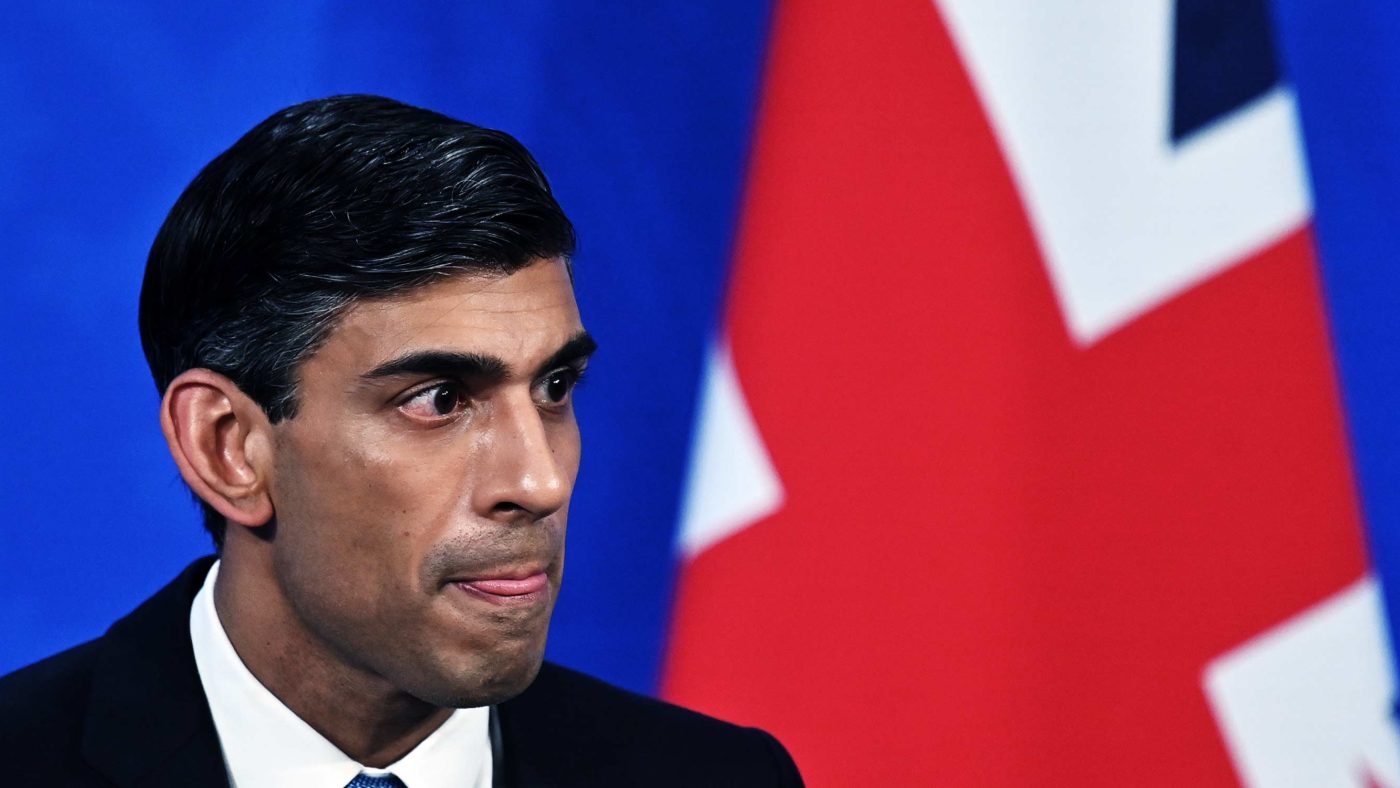Spare a thought for the staff of the Office for Budget Responsibility (OBR), beavering away on a new set of economic and fiscal forecasts for the Chancellor’s Spring Statement on March 23. The fallout from the Russian invasion of Ukraine has made an already difficult task almost impossible.
It makes sense to present a range of scenarios – perhaps three, as the OBR did for the recovery from Covid. This could be an ‘upside’ scenario assuming a quick easing of the Ukraine crisis, a ‘central’ scenario based on what is currently priced into the financial markets, and a ‘downside’ scenario where inflation remains higher for longer.
For what it’s worth, I’m still optimistic. We had more evidence today that the economy at least started the year with plenty of positive momentum. The 0.8% monthly rise in GDP in January was better than expected, led by a rebound in spending in pubs and restaurants as the Omicron scare faded. If it were not for Putin, others would probably be revising their UK growth forecasts higher.
What’s more, there is still plenty of room for catch-up growth. The recovery since February 2020 has been led by health spending, mainly by government. However, the output of consumer-facing services in January was still 6.8% below its pre-Covid level.
Many commentators seem to be taking a glass-half-empty view of this. Growth has indeed been flattered recently by the large sums being spent on NHS Test and Trace and the vaccine programme, prompting some to ask what will replace this.
But I would see this glass as half full. This additional spending (at least on the vaccines) has been a vital investment to get on top of Covid and create the conditions for a sustained recovery in private demand. The UK is, after all, one of the first of the major economies to emerge from the pandemic.
Any reduction in spending on testing and vaccines is therefore likely to be replaced by higher spending elsewhere. Some of this will be in the health sector itself, fixing the huge backlog of normal NHS work. But in addition, households and businesses will be more willing to run down their pandemic savings, and spend again, as the threat from Covid continues to fade. The latest business surveys, notably the PMIs, suggests that the private sector picked up more steam in February.
The upshot is that it is too soon to write off the economic recovery. I’m sticking with my own ‘upside’ scenario: with an early end to the Ukraine crisis, rapid falls in energy prices, continued tightness in labour markets, and a strong rebound in business investment, UK GDP could still grow by about 5.5% in 2022.
However, this would require the Government to help the recovery, rather than hinder it. In the long-term this means freeing up markets and supporting private investment and entrepreneurship. In most areas, the state needs to step back, rather than intervene further.
In the meantime, though, the Government will have to provide more support for low-income households struggling with their bills, and rethink plans for tax hikes. If necessary, the Government should be willing to borrow more, just as did during the Covid pandemic, and in the first and second world wars.
The Treasury, of course, will resist this. We are already being bombarded with dire warnings about the impact of higher inflation on the public finances, especially via debt interest payments. The reality is rather more nuanced. Individuals and companies are already paying more tax than expected as a result of higher nominal incomes and prices, and there is no need to add to their burden now.
In fact, the OBR has already done some interesting work on this. The October 2021 Economic and Fiscal Outlook presented two alternative scenarios for inflation, one driven by a ‘product market shock’ and the other by strong wage growth (we are now seeing a bit of both). In the first, borrowing initially rose then fell back as higher receipts almost exactly offset higher spending. In the second, borrowing over the medium term was actually significantly lower.
The Chancellor therefore has some extra wiggle room in the Spring Statement – and he should use it.
Click here to subscribe to our daily briefing – the best pieces from CapX and across the web.
CapX depends on the generosity of its readers. If you value what we do, please consider making a donation.


